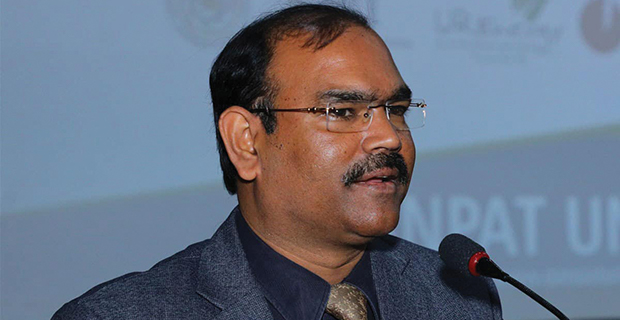Revolutionizing Higher Education
India’s higher education system is passing through a critical transition and all set to modernize to address the concurrent challenges and opportunities of the 21st century. With the rise of the knowledge economy, research and innovation, and the adoption of Industry 4.0 technologies, India is uniquely positioned to modernize its higher education landscape. To successfully shift towards a knowledge economy, India needs to transform its higher education system by fostering critical thinking, creativity, problem-solving, and interdisciplinary collaboration.
India’s higher education system faces challenges such as outdated curriculum and teaching methods, insufficient research output, weak industry-academia links, challenges in access and equity, and an overemphasis on degrees. To address these issues, India needs to shift from a degree-centered approach to one that emphasizes knowledge generation, skill acquisition, and innovation. By addressing these challenges, India can ensure its continued relevance in the global knowledge economy and foster a more inclusive and innovative higher education system.
The knowledge economy in India requires a shift in education, focusing on human capital, technological expertise, and lifelong learning. This includes revising the curriculum to be more adaptable and interdisciplinary, incorporating cutting-edge fields like AI, data science, biotechnology, nanotechnology, and environmental sustainability. Encouraging research and innovation is crucial, with investments in research infrastructure, competitive grants, and partnerships with top global universities. Strengthening industry-academia partnerships is essential, with internships, joint research initiatives, and industry-driven curricula tailored to specific sector needs. Leveraging technology for educational innovation is also crucial, with digital tools like e-learning platforms, artificial intelligence, virtual laboratories, and data analytics being integrated to improve teaching and learning. Expanding access to quality higher education, especially for rural and underserved areas, is crucial for India’s development. To fully harness the power of research and innovation, several actions need to be taken: fostering a research-oriented culture, promoting interdisciplinary collaboration, and enhancing industry-academia partnerships. Only 30% of Indian universities have industry partnerships, but these partnerships can help address real-world problems and spur the creation of new products, services, and technologies.
Industry 4.0, the Fourth Industrial Revolution, is transforming industries and economies worldwide. To engage productively with this shift, India’s higher education system must adapt by redesigning curricula to incorporate core technologies like AI, Robotics, Data Science, BlockChain Technology (BCT), IoT, and 3D printing, etc. Universities should also equip students with skills for future careers through problem-solving, critical thinking, and hands-on learning through internships, simulations, and hackathons.
Collaborating with global Industry 4.0 leaders is crucial for Indian universities to stay at the forefront of technological innovation. Building a robust digital infrastructure, including high-speed internet, cloud computing, and cybersecurity systems, is also essential.
The Indian government has launched several policy measures to encourage research, innovation, and collaboration with industry. These include the National Education Policy (NEP) 2020, National Research Foundation (NRF) for research funding, Skill India and Vocational Training, and the Atal Innovation Mission (AIM), which aim to cultivate a culture of innovation and entrepreneurship in India. These initiatives aim to prepare students for the rapidly changing job market and prepare them for the knowledge economy.
India is poised for a significant transformation in its higher education sector, driven by the knowledge economy, research, innovation, and Industry 4.0 and most importantly by its massive youth population which is very aptly referred to as demographic dividend. By adopting curriculum reforms, fostering research culture, enhancing collaboration, optimal use of technology and by nurturing the abundance of talents available, Indian universities can become global leaders in higher education. Emphasizing quality, inclusivity, and innovation is crucial for maintaining competitiveness in the global knowledge economy.
Dr Amarendra Pani is Joint Director, Research, Association of Indian Universities, New Delhi and
Dr Rahul is Assistant Professor, Department of Electronics, Sri Venkateswara College, University of Delhi











Comments.